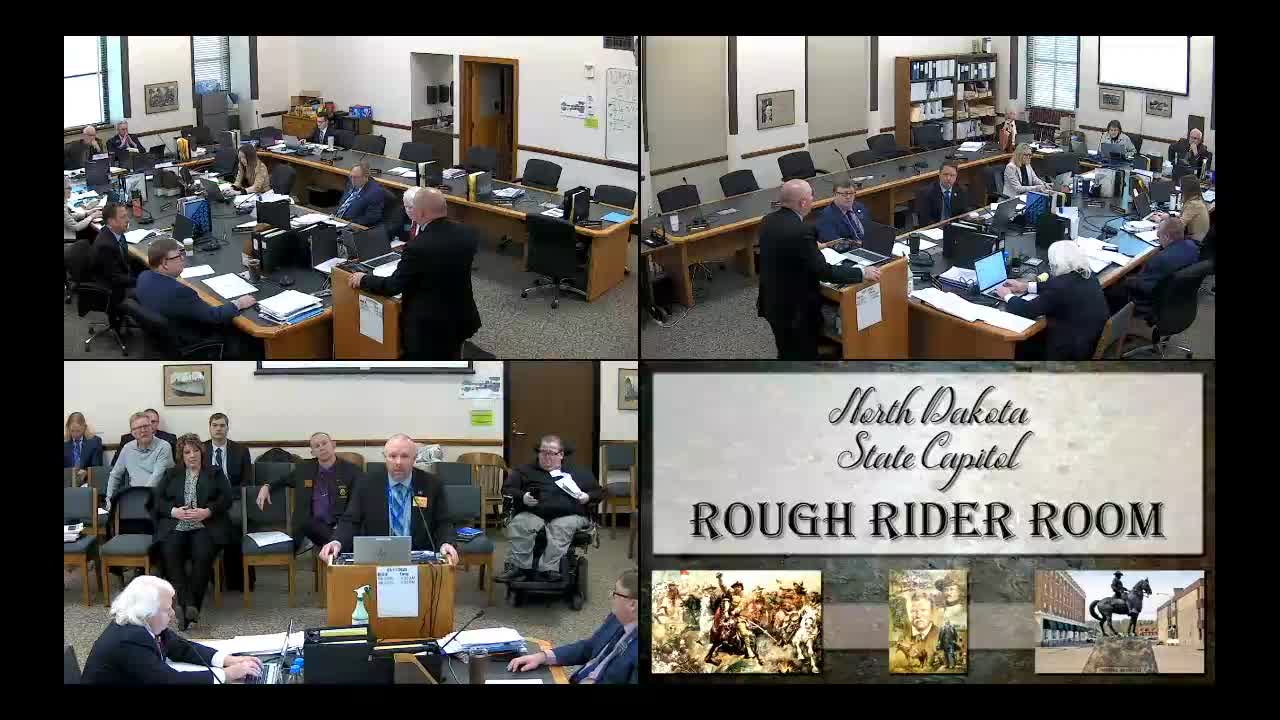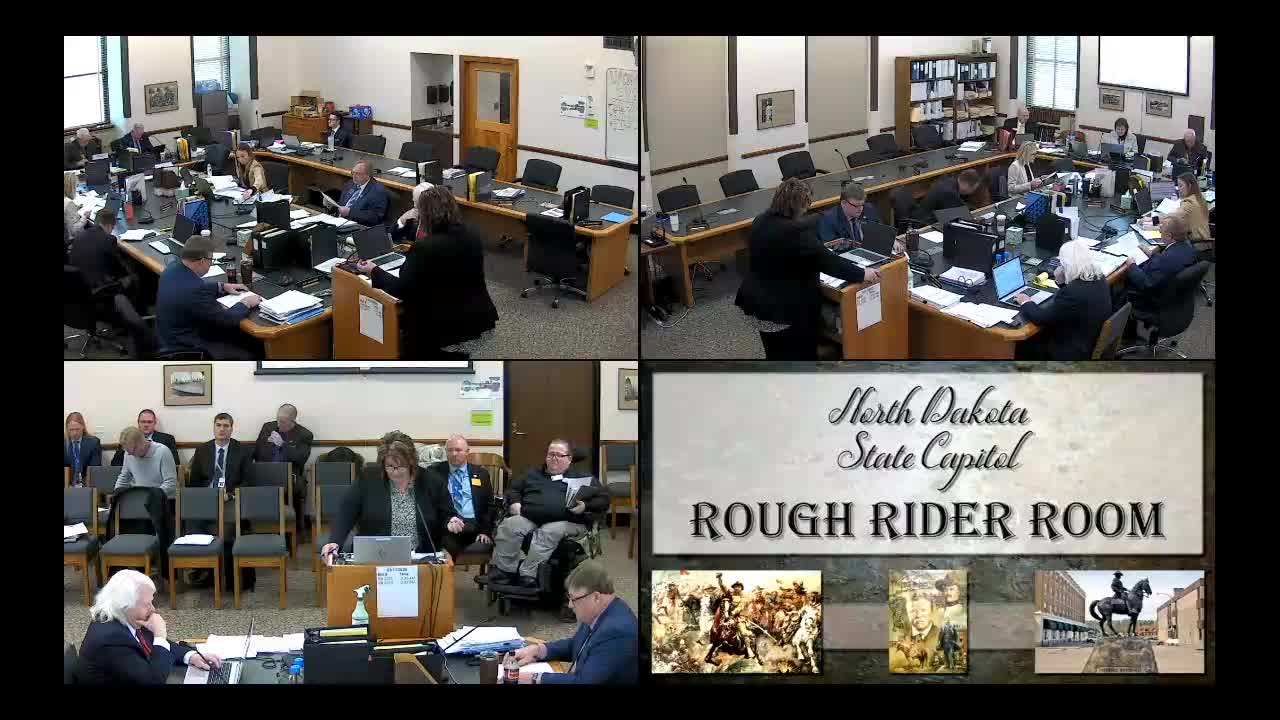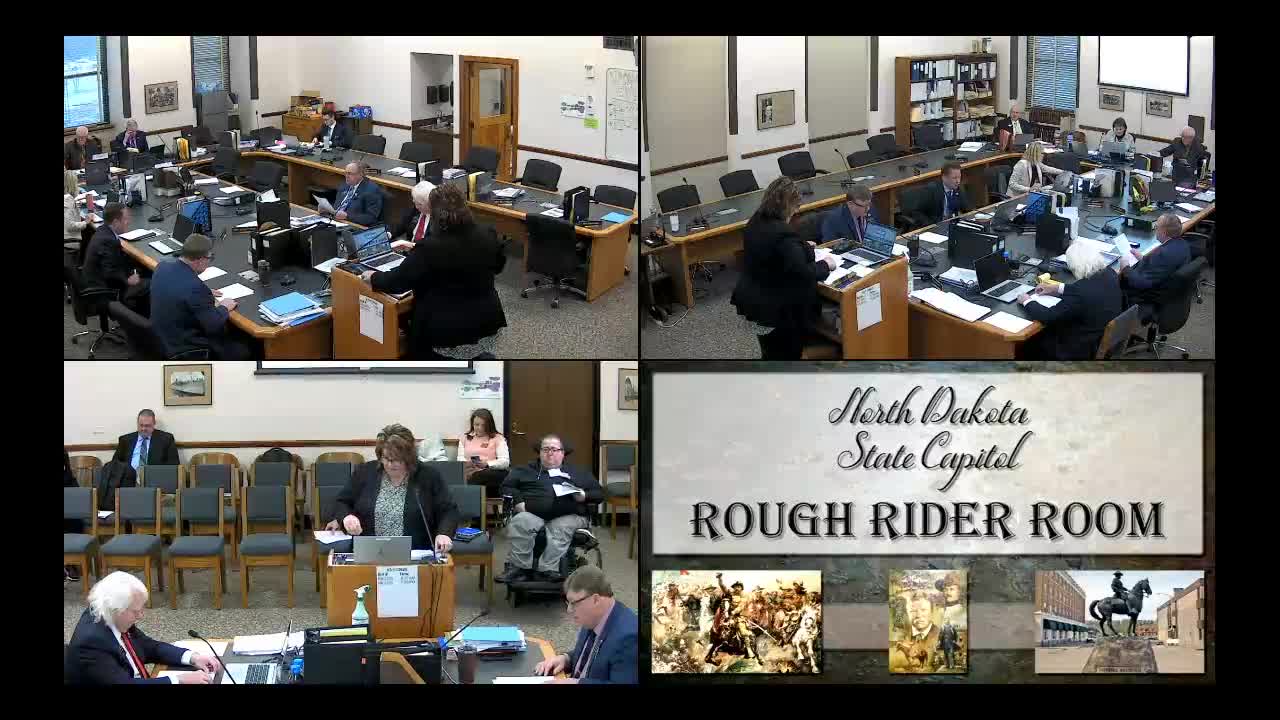Article not found
This article is no longer available. But don't worry—we've gathered other articles that discuss the same topic.

Officials warn placement restrictions would shift treatment costs back to prisons as inmate population grows

State penitentiary budget seeks body cameras, tasers and ballistic vests; tattoo‑removal grant not awarded

